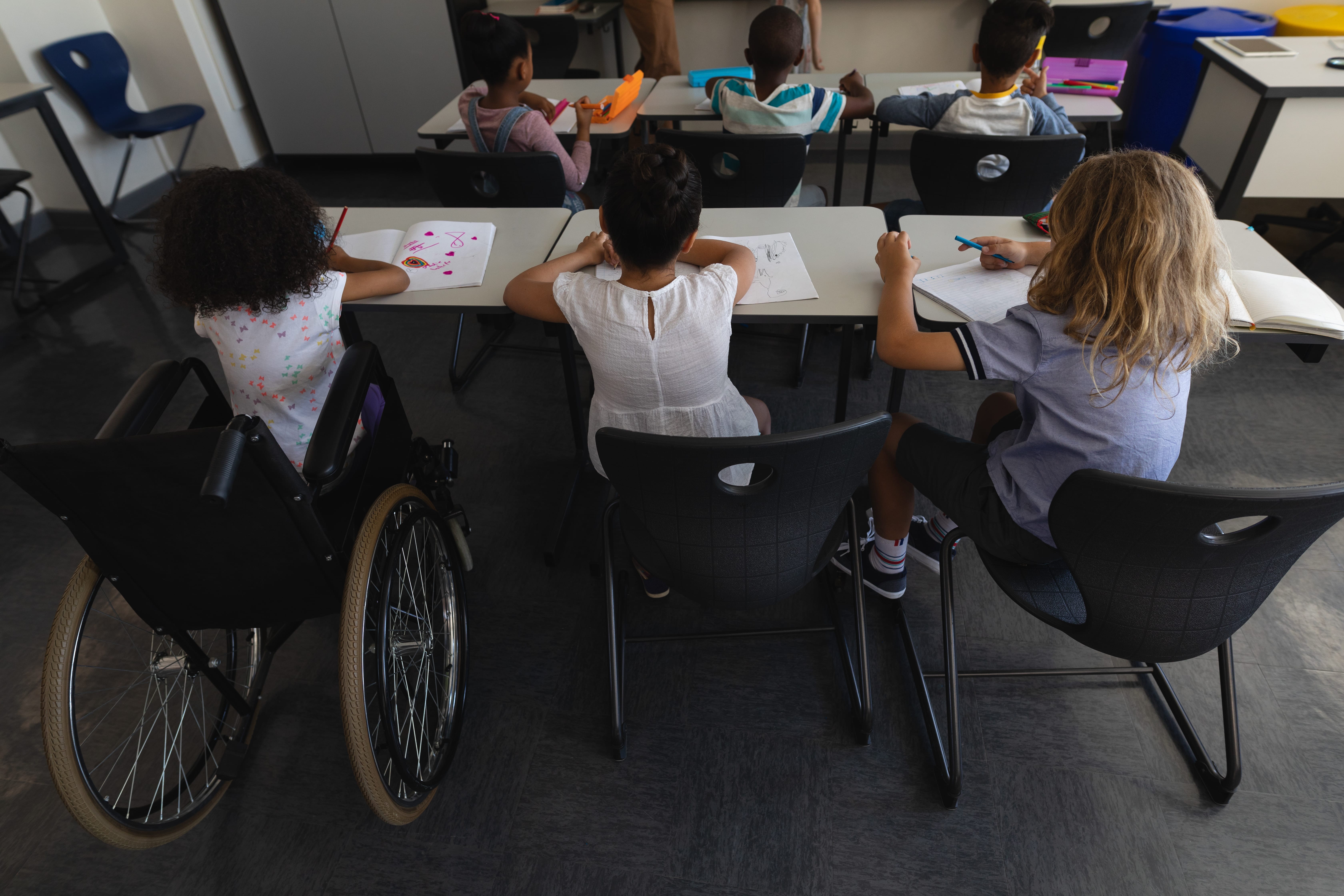For Immediate Release
11/18/2019
WASHINGTON, DC – The National Disability Rights Network, The Arc of the United States, The Council of Parent Attorneys and Advocates (COPAA), and a coalition of advocacy and legal services organizations represented by the law firm Clinton and Peed filed an amicus brief in the case of Espinoza v. Montana Department of Revenue asking the Court to uphold the decision made by the Montana Supreme Court invalidating Montana’s private school tax-credit scholarship program as it is harmful to students with disabilities.
While families petitioning the court suggest that the program would help students with disabilities, school vouchers and tax-credit programs like Montana’s actually hurt students with disabilities by redirecting public funds to private schools that are largely unbound by the federal laws in place for over four decades that protect the rights of students with disabilities.
When students with disabilities use vouchers or tax credits to attend a private school, typically they forfeit their rights mandated by federal law —including the right to an appropriate, individualized education—because the statute’s key provisions do not apply to private schools. At least seven states have voucher programs that require parents to explicitly waive all or most of their disability rights protections under federal law to participate. In other states, parents often do not realize the rights they are forfeiting: 83% of parents of students with disabilities in such programs report that they receive inaccurate or no information on the loss of those rights, according to a federal watchdog report.
The Court has scheduled to hear oral arguments on January 22, 2020.
Selene Almazan, Legal Director, COPAA explains, “Nearly 7 million students with disabilities rely on federal civil rights laws’ protections to ensure access to the general curriculum, to instructional supports, services, and accommodations, and to be held to the expectation that they can achieve commensurate with their peers. If the Montana voucher and tax credit program is allowed to continue, students with disabilities will be stripped of these vital protections, thus putting them at risk of segregation, receive limited supports and services and experience low expectations at school and ultimately in life. We urge the Court to uphold the Montana Supreme Court Decision in support of students with disabilities.”
Curt Decker, Executive Director, NDRN explains, “NDRN and its members, which comprise the protection and advocacy network, have long fought to ensure students with disabilities receive the services to which they are entitled. We are very disturbed by the efforts around the country to divert funding from public schools to fund school voucher and voucher-like schemes, including Montana’s tax-credit scholarship program at issue in this case. In our experience, these voucher schemes often require students with disabilities to waive their rights under key special education laws in order to access private schools. Children with disabilities should not be made to choose between attending an underfunded public school and giving up their civil rights to attend a private one. That is an outrageous proposition.”
Shira Wakschlag, Director of Legal Advocacy, The Arc explains, “For decades, The Arc and its chapters across the country have been at the forefront of establishing and strengthening the right to a free and appropriate education for students, including those with the most significant disabilities. Voucher and tax-credit programs diminish the resources and effectiveness of public school systems in which they operate, leaving students with disabilities behind in the process. We simply cannot afford to go backwards.”
Issue Before the Court in Espinoza v. Montana Department of Revenue: Whether it violates the religion clauses or the equal protection clause of the United States Constitution to invalidate a generally available and religiously neutral student-aid program simply because the program affords students the choice of attending religious schools.
Joint Amicus Brief: The joint brief establishes that for students with disabilities, the proliferation of private-school voucher and tax-credit programs, including the Montana program at issue in this case, risks restoring a bygone era—during which these students had no right to an education, received no individualized support or services, and were segregated from their peers.
Read the brief.
Contacts:
COPAA: Selene Almazan, Esq., 301-928-4755, [email protected]
NDRN: David Card, 202-408-9514 Ext. 122, [email protected]
The Arc: Kristen McKiernan, 202-534-3712, [email protected]
###

